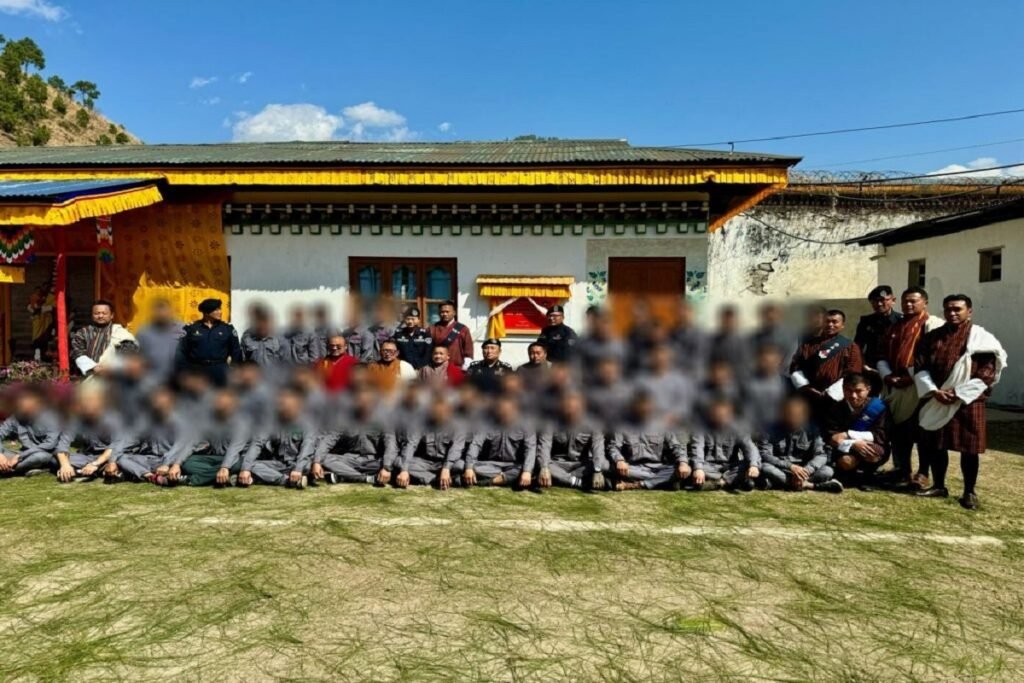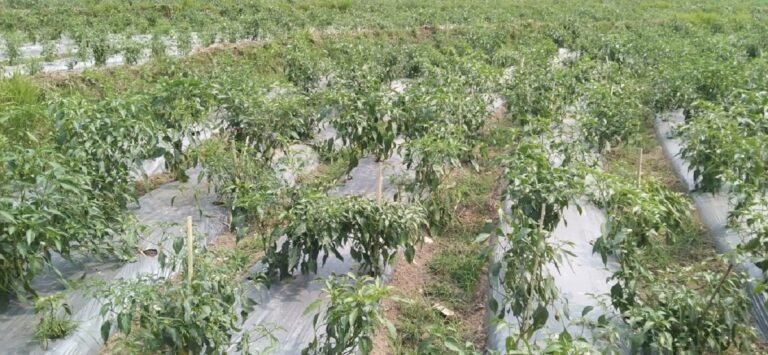
280 prisoners are receiving treatment: 25 at Lungzor Prison and 255 at Chamgang Central Prison. SUD is a type of mental illness. This program is viewed as a prompt solution to the nation’s escalating drug-related problems. More than 1,500 drug addiction cases were reported to the police in just the past year. The goal of the prison-based SUD treatment program is rehabilitation. In order to keep prisoners from relapsing and committing crimes again when they are freed, it also has an aftercare component. Phases of orientation, intensive treatment, vocational skill development, open-air prison, community reintegration, and aftercare provide ongoing assistance to avoid recurrence. Similar services would be extended to other prisons across the country, according to Home Affairs Minister Tshering.
In Samdrupjongkhar, Samtse, and Wangdue, the PEMA Secretariat has begun hospital-based SUD treatment in partnership with hospitals. Lyonpo Tshering emphasized the value of rehabilitation and mental health treatment in correctional facilities. Data on the incidence of mental illness among inmates and its connection to recurrent offenses is anticipated to be released next month from an ongoing study conducted by the PEMA Secretariat and the Centre for Bhutan Studies. The government intends to build a new prison on 463 acres in Yarjugang, Wangdue, as part of its ambitions to expand prison facilities. This institution, which can house 500 inmates, will offer chances for self-sufficiency activities including commercial gardening. The Royal Bhutan Police and the Health Ministry regularly check prisoners for HIV, TB, and other sexually transmitted diseases.



